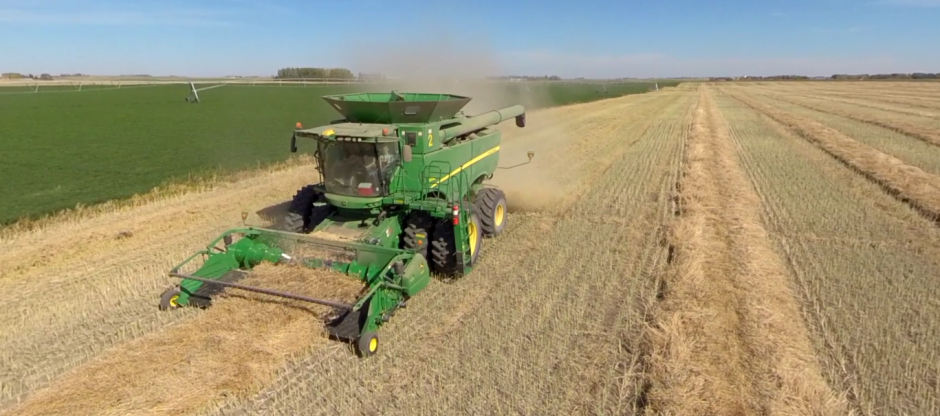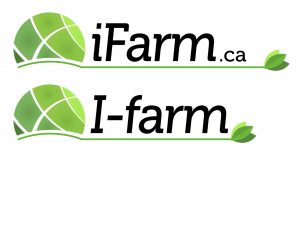Softer farmland values are creating buying opportunities, said Paul Pittman, chief executive of Farmland Partners and a former investment banker. “A little bit of pain in farm country makes our job easier,” he said.
But farmland also carries risks. Some landholders in the Midwest have had to reduce rents as their farmer tenants grapple with lower incomes. It isn’t clear when U.S. grain prices will rebound, which in turn would help prompt a recovery in Midwest land prices.
Analysts said retail investors should tread carefully with farmland REITs. The stocks so far have small market values and light trading volumes, and have been buffeted by concerns over the weak agricultural economy. Farmland Partners shares are down 21% from its IPO, while Gladstone Land is down 35%.
Mr. Pittman said he is confident Farmland Partners can grow profits—but that farmland is for patient investors, not those seeking rapid growth. “Farmland is the tortoise in a tortoise and hare race,” he said.
Based in Denver, Farmland Partners owns about 71,000 acres of cropland, up from 7,300 when it went public. It generates income by renting land to family farmers.
Real Estate Firms Get Creative in Chile Copper Downturn Chills Chile Real Estate Some Investors Bid High on Phoenix Office Market
Farmland Partners and other newer buyers are making many of their investments outside the Midwest, in regions such as the southeastern U.S., the Mississippi Delta and the Mountain West. Land tends to be cheaper in these regions, and infrastructure such as modern irrigation and drainage systems isn’t as prevalent, creating opportunities to make improvements and generate higher returns, investors say.
Companies including Farmland Partners and Homestead Capital also are investing in land where permanent crops such as citrus fruits and nuts are grown—providing an alternative revenue stream to land tied to volatile commodity crops such as corn.
Investing successfully in farmland can be difficult. The market often is opaque and hyper-local, professional investors say, with deals sealed privately in rural cafes or in small-town auctions, unlike more structured asset classes including residential or commercial real estate. Farmland sales and price data also are far more limited than in other real-estate segments, though more companies are working to increase the availability of such information.
“There’s a lot of money looking for a relatively limited supply of tradable land,” said Sid Gorham, CEO of Granular Inc., an agricultural-software company that recently acquired Acre Value, a map-based tool designed to help farmers and investors value an acre of farmland.
Write to David Kesmodel at david.kesmodel@wsj.com and Jesse Newman at jesse.newman@wsj.com


